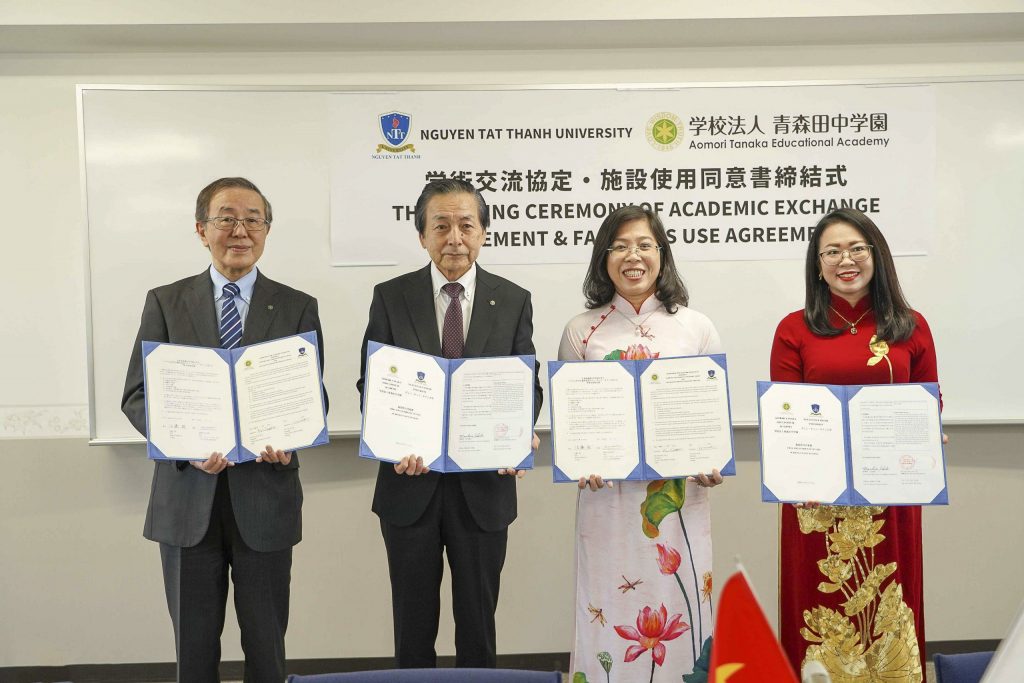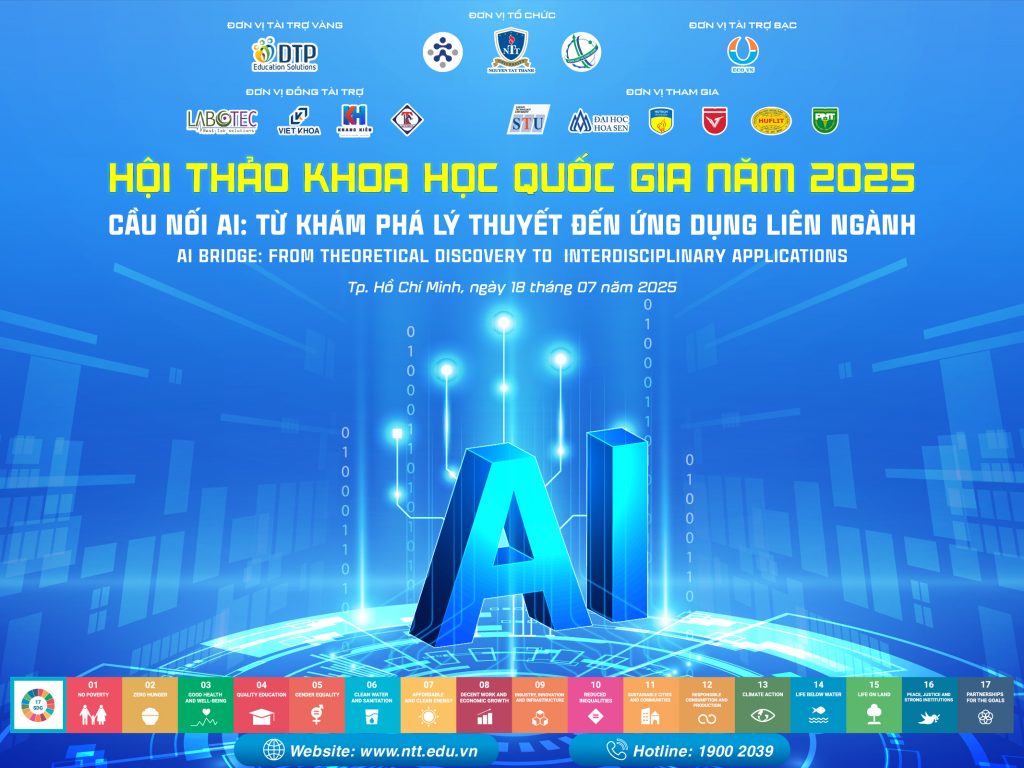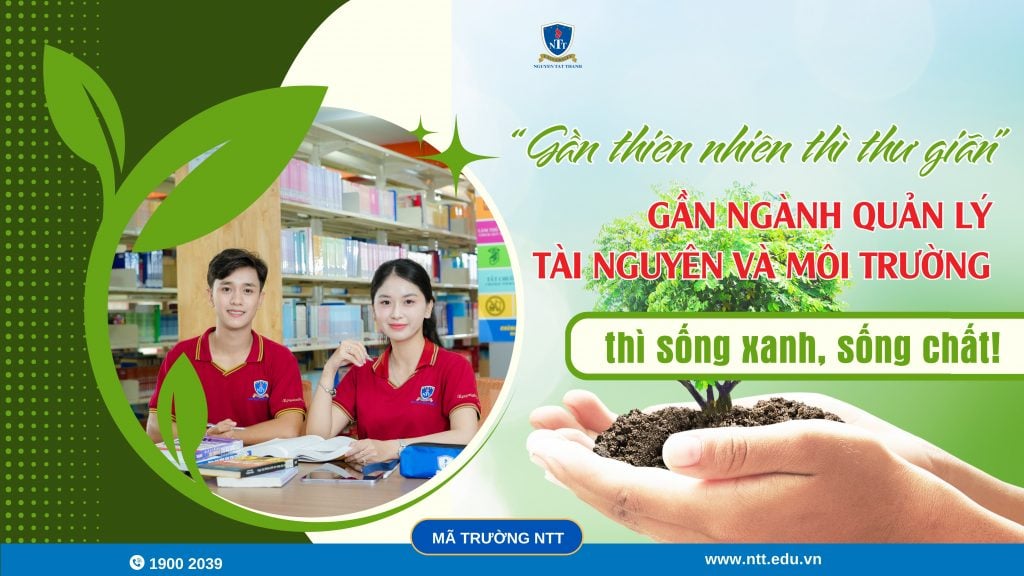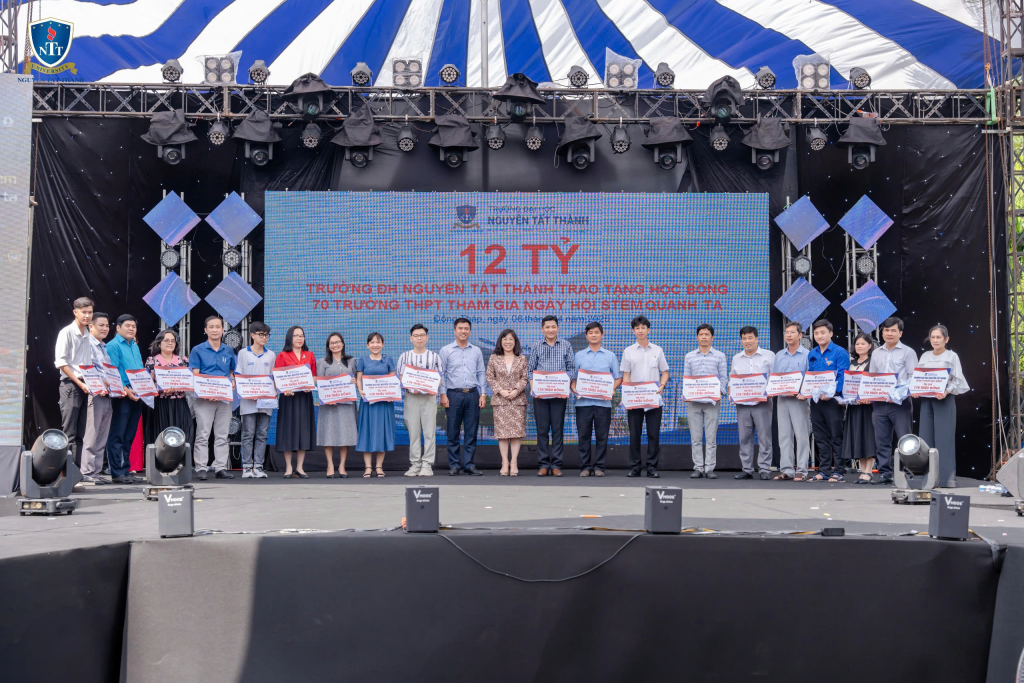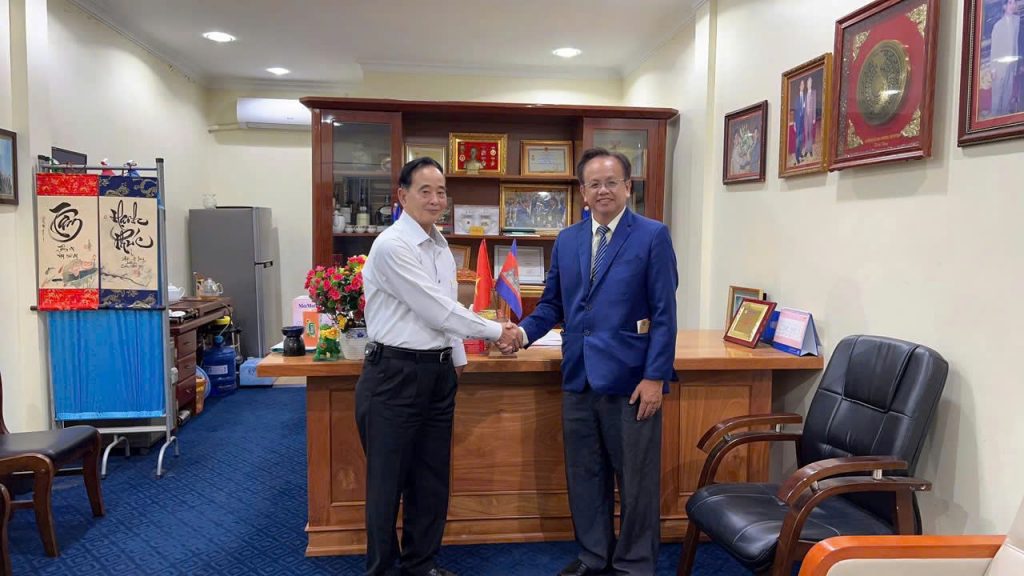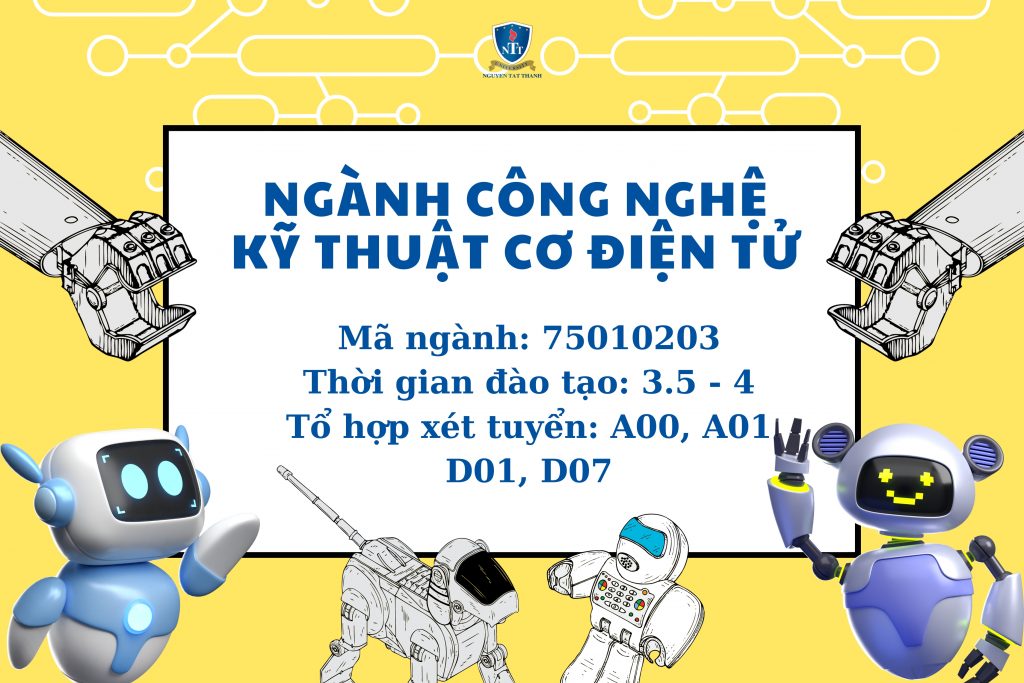Prof. Ari Kokko from Copenhagen Business School (CBS), Denmark lectures at Nguyen Tat Thanh University

Recently, Nguyen Tat Thanh University (NTTU) welcomed Prof. Ari Kokko in the field of international business at Copenhagen Business School (CBS) to deliver his presentation on ‘The Nordic model – Industrial upgrading and international competitiveness’. He is an enthusiastic analyst of a wide range of issues related to economic development and internationalization. He is also the project director of the VIETSKILL project with the participation of Copenhagen Business School (CBS), Nha Trang University and Nguyen Tat Thanh University. From NTTU, there was the presence of Assoc. Dr. Tran Thi Hong, Vice President and other staff from faculties and departments.
Prof. Ari Kokko shared about the “The Nordic model – Industrial upgrading and international competition”, focusing on the 2 following topics including the Industrialization in Sweden in a long-term perspective and The Nokia story: the ups and downs of development.

Prof. Ari Kokko shared about the “The Nordic model – Industrial upgrading and international competition”.
Sweden, as a country in Northern Europe, was well prepared for all the necessary conditions which were in place when the opportunities for escalating industrialization emerged. The country also invested in international relations such as in trade, new ideas, and knowledge flows. In addition, agricultural reform, land reform, technology, education and human resources (educational investment in universities and research institutes) were also concentrated to build the foundation for industrial development, meanwhile improving the legal framework, banking, and property rights. The key to the success of the industrialization process in Sweden is based on the development of knowledge and skills. The country paid particular attention to public investment in the broad-based education system needed to sustain the necessary skills base, as well as opening and expanding higher education to those who could not afford the tuition fee. In addition, Sweden has maintained substantial investment in basic research and the links between basic research and innovation activities to build a strong base for the national innovation system.
Prof. Ari Kokko gave a specific example of the Nokia company. The company was established in the mid-19th century as a producer of paper and pulp, rubber, and cables. The company has been diversifying products since the 1960s to become a high-tech company. However, the development of high-tech capabilities was a difficult and slow process that required large capital investments. Therefore, Nokia focused on developing the following areas of international networks, alliances and acquisitions, international mobility, learning and technology transfer, investment in education. Nevertheless, Nokia had serious strategic miscalculations, the company’s focus on the TV business was a big strategic mistake in which the focus on TV business was a major strategic mistake. The breakthrough of digital TV technology destroyed Nokia’s investments in analogue high-definition TV, hence creating massive losses 1988-1991 threatening the company’s existence. Nokia almost went bankrupt and was put up for sale in 1991.
Lessons from Nokia’s failure evidence that it is difficult for companies to predict the future. Therefore, companies need to innovate continuously, stay ahead of the development trends in which excess capacity plays an important role. In the early 1990s, the company had the capacity to take advantage of the opportunity when it appeared, but success can be dangerous. Hence, it is necessary to be humble and focused on constant innovation and R&D.
On behalf of the University, Assoc. Prof. Dr. Tran Thi Hong thanked Prof. Ari Kokko for very valuable sharing. She hopes that Vietskills project in cooperation with NTTU will achieve great success.

Assoc. Prof. Dr. Tran Thi Hong appreciates Prof. Ari Kokko
Copenhagen Business School (CBS) is a well-known public university with more than 100 years of development. Copenhagen Business School currently offers a range of undergraduate and graduate programs in Business Administration with a population of more than 20,000 students providing the best learning environment equipped with modern facilities in a large-scale campus. Currently, Nguyen Tat Thanh University is collaborating with Copenhagen Business School to implement the Vietskills project to improve human resource quality and skills in vocational training in Vietnam.
International Relations Department

